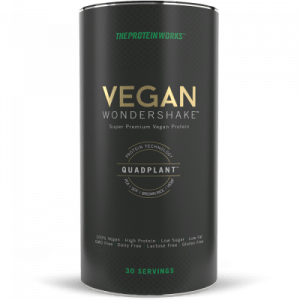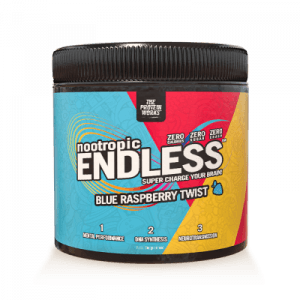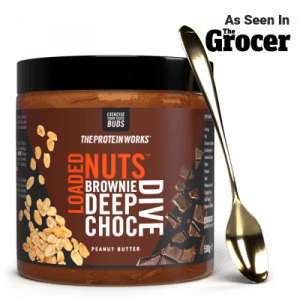Home » Health & Wellbeing » Do You Need Supplements if You Don’t Lift Weights?
When used in a nutritive context, the word “supplement” often conjures thoughts of colorless powders shaken in a bottle and consumed by ripped, muscular people. And maybe that isn’t wrong, but it’s certainly not always right.
If you’re reading this article, you likely participate or are looking to participate in some brand of exercise. And if that particular brand is weight lifting, muscle-building supplements are not unfamiliar to you. However, what about non-lifters?
Even if your goal isn’t to compete in high-level athletics, have a 1,500-pound total or step on stage, that doesn’t mean you should neglect your nutrition and the benefits inherent to certain supplements. This goes for weekend warriors as well as high-level endurance athletes not currently weight training. Granted, these folks should be weight training, but that’s for a separate article.
Without further exposition, do you need supplements if you don’t lift weights?
Like most things, it really depends. However, in most cases they’re certainly helpful. If you have an absolutely flawless diet and have no issues with the inherent inconveniences therein, these words may not apply to you. However, I’ve been a healthcare provider and an athlete for long enough to know these people are few and far between. I certainly don’t fit this mold.
It should be mentioned, the reason for using a supplement is to do exactly that…to supplement something lacking from one’s diet.
A classic example is protein. No matter your age or activity level, human beings need a certain amount of protein to function optimally. Inadequate protein leads to inadequate tissue regeneration and hormone production. But what if that person is a vegan who’s intolerant of dairy? It takes a little (or a lot) extra creativity to fit enough protein into his or her diet. Here’s a situation where a protein supplement comes in handy.
Of course, this is just one example.
It can be overwhelming, the amount of protein, Vitamin C, magnesium, etc. that we need each day, and people tend to be creatures of habit. What I mean is, our eating strategies and patterns do not tend to change over months and years. Therefore, someone who doesn’t enjoy seafood may be chronically low on omega-3 fatty acids.
With a bit of introspection and note-taking, you can identify your positive and negative eating tendencies to make informed decisions about which supplements may benefit your general health, energy levels and performance.
Which Supplements Should You Consider?
I hope by now you’ve realized that nutrition is highly, highly individual. Therefore, it would be folly to put forth any “perfect supplement plan” for everyone. However, there are three supplements that I’ve noticed are either worthwhile due to convenience or lacking from diets almost universally. Here’s a breakdown.
Protein Bars
Though protein bars are more “snack” than “supplement,” they are a staple in both the diets and cabinets of athletes and weekend warriors alike. This is predominantly due to their convenience and taste.
The benefits of adequate protein intake are many-fold, and a great barrier of adequate intake is time needed to cook. Protein bars alleviate that portion of the process and make for an easy breakfast or snack option. If you’re curious about how much protein you should be consuming, click here.
High-quality protein bars are few and far between, so if you’re looking for a top-tier option check these out.
Omega-3s
Commonly called “fish oil,” Omega-3s are fatty acids found in seafood and other animal products. Much like creatine, omega-3s can be obtained through diet but often not in any great quantity, illustrating the benefits of supplementation.
A diet high in omega-3s has been shown to improve cardiovascular health2, promote recovery from intense exercise and enhance mood/cognition3. These traits make it a broadly beneficial supplement for many. If you’d like to shop the range of Omega-3s, tap here.
Multivitamin
Many of us grow up taking (chewy) multivitamins that, for whatever reason, fall out of favor as we age. A multi can be an excellent “catch-all” for certain vitamins we grow accustomed to lacking. Don’t get me wrong, taking a multivitamin does not excuse one from neglecting whole foods, but it can be beneficial to supplement what our plates lack.
References
-
-
Wei MY, Jacobson TA. Effects of Eicosapentaenoic Acid Versus Docosahexaenoic Acid on Serum Lipids: A Systematic Review and Meta-Analysis. Current Atherosclerosis Reports. 2011;13(6):474-483.
-
Lewis NA, Daniels D, Calder PC, Castell LM, Pedlar CR. Are There Benefits from the Use of Fish Oil Supplements in Athletes? A Systematic Review. Advances in Nutrition. 2020.
Related Posts










No Comments yet!